Marcos’ ‘halal’ agenda for Asean, China, GCC
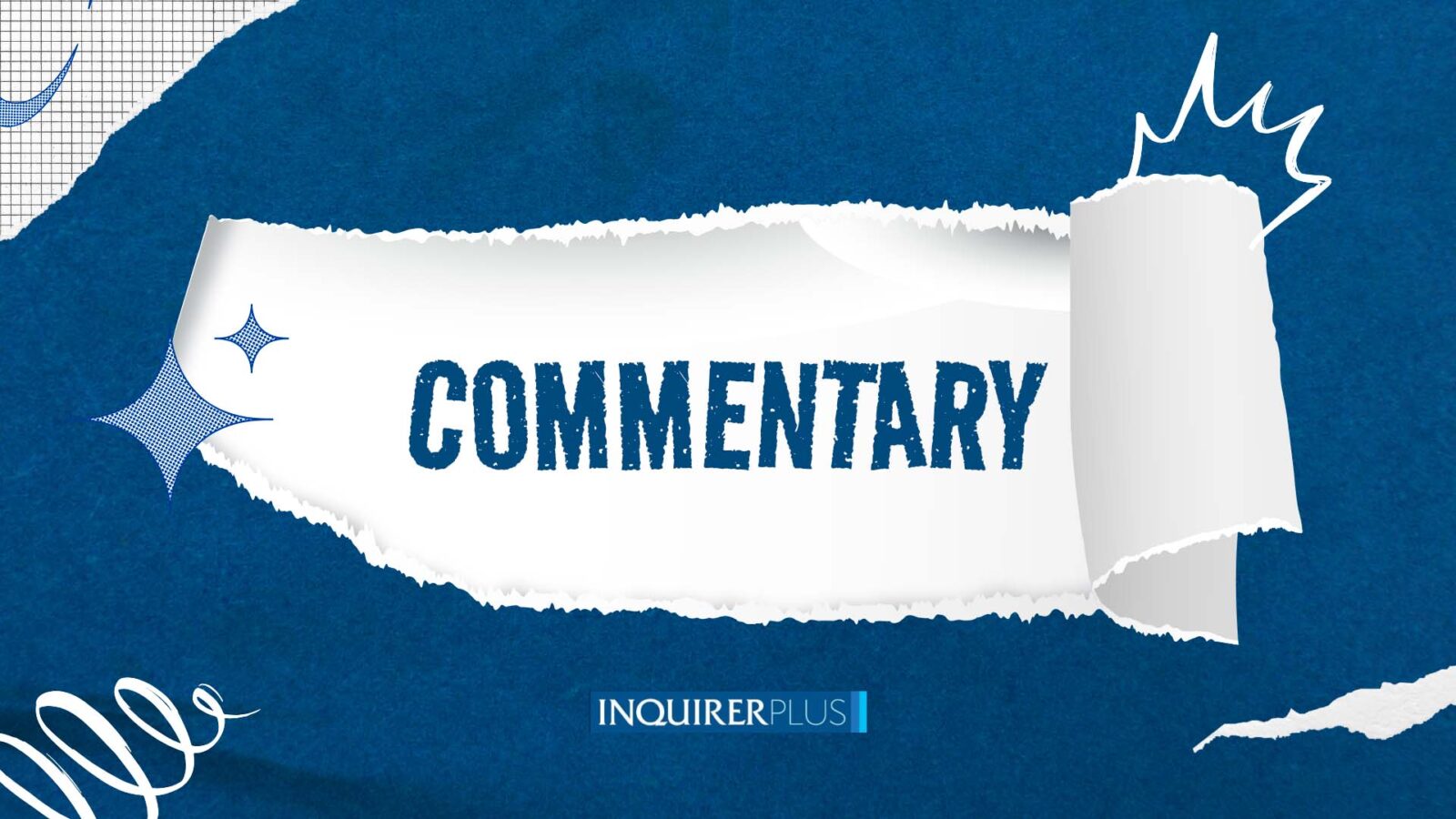
On May 27, 2025, President Marcos manifested in the 2nd Asean-Gulf Cooperation Council Summit his vision to consolidate the trading blocs of Asean, China, and the GCC. Viewed as a strategy to offset the losses brought by the United States’ increasing protectionist policies, Marcos said halal trade is a potential key in linking the dynamic economies of China, Southeast Asia, and the Gulf Region.
While a Catholic, the President’s efforts to support the Philippine halal industry qualifies him as a halal champion. During Malaysian Prime Minister Anwar Ibrahim’s state visit in July 2023, the Marcos administration secured Malaysia’s pledge of assistance to develop the country’s halal industry. In his 2024 State of the Nation Address, President Marcos cited halal tourism as one of his administration’s priority areas. His vision for a trilateral halal agenda during the 2025 Asean Summit in Kuala Lumpur proves his optimism on the potential of the halal industry to deliver growth and prosperity in the Southeast Asian region.
However, realizing the proposed trade agenda requires an acknowledgment of the complex domestic realities surrounding the respective halal industries of Asean, China, and the Gulf Region.
Unlike other areas of trade, one peculiar aspect of global halal trade is its reliance on the mutual recognition agreements (MRAs) of halal certification bodies (HCBs) which, most of the time, are external to government-to-government agreements currently practiced in other areas of trade. In short, the existence of diplomatic relations with Malaysia, Indonesia, or the United Arab Emirates does not guarantee that Philippine halal exports can enter these markets.
Exporters are required to engage halal certifiers whose halal logo and certificates enjoy international accreditation secured via (1) recognition by a foreign halal regulatory authority of the target market, or (2) membership in a global halal regulatory network, which requires its members to exercise MRA with fellow members. As a result, a fragmented regulatory framework persists since governance of HCBs occurs outside the jurisdiction of state bodies.
These fragmented regulatory arrangements currently define the uncoordinated halal markets of Asean, China, and GCC, which President Marcos is aware of since he called for the harmonization of halal standards in his intervention. For instance, before a Philippine halal exporter can ship its goods to Malaysia, Indonesia, or the UAE, the exporter needs to commission at least two local halal certifiers because no single certifier enjoys the monopoly of international accreditation in these major halal markets.
China is similarly situated. The Chinese government permits the existence of competing HCBs, which can be categorized as privately owned, provincial government-affiliated, or a foreign-owned satellite office within its domestic halal industry. As a result, China-based halal exporters also rely on the certifications issued by local halal certifiers enjoying the privilege of international recognition.
The Gulf Region has also isolated itself in terms of accrediting foreign halal certifiers. If halal certifiers from East and Southeast Asia are either governed by MRAs by individual halal regulatory bodies in Malaysia and Indonesia, or through membership in the World Halal Council or World Halal Food Council, the regional halal market of GCC is governed primarily by the GCC Accreditation Center (GAC), which is a member of a broader regulatory network called International Halal Accreditation Forum (IHAF) based in Dubai.
While the GAC has accredited three China-based halal certifiers and IHAF also has three Southeast Asia-based members (including the Philippines, as of this writing), these certifiers do not guarantee equal market cover for halal exporters to easily access and penetrate halal markets in China, Southeast Asia, and the Gulf Region.
But while aligning the MRAs require a lot of work, the Marcos administration has an array of political opportunities to amplify and realize its vision. First, since the Philippines serves as the country coordinator for the Asean-GCC Summit, it enjoys the prerogative to maximize the platform to realize his prescribed halal agenda. Second, while Marcos’ term ends in 2028, his diplomatic efforts to align halal regulatory arrangements between Asean, China, and GCC will serve as his legacy for Filipino Muslims. Lastly, the Philippine government enjoys Malaysia’s support and commitment to develop the country’s halal industry. Malaysian halal standards are equivalent to the gold standard in global halal trade.
The Philippines’ chairmanship in 2026 also means stars are aligning for PBBM’s recommended trilateral agenda for Asean, China, and the GCC.
—————-
Brian U. Doce is a scholar-practitioner with a background in politics and international relations. He is a faculty member and a visiting doctoral fellow of De La Salle University’s department of international studies and Southeast Asia research and hub. He is finishing his dissertation on trade liberalization and Philippine halal industry regulation at the Indo-Pacific Research Centre of Murdoch University, Australia.



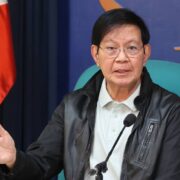

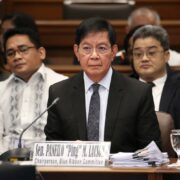
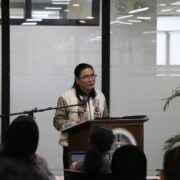






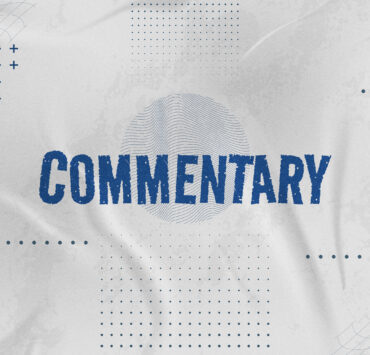



No skills, no industry